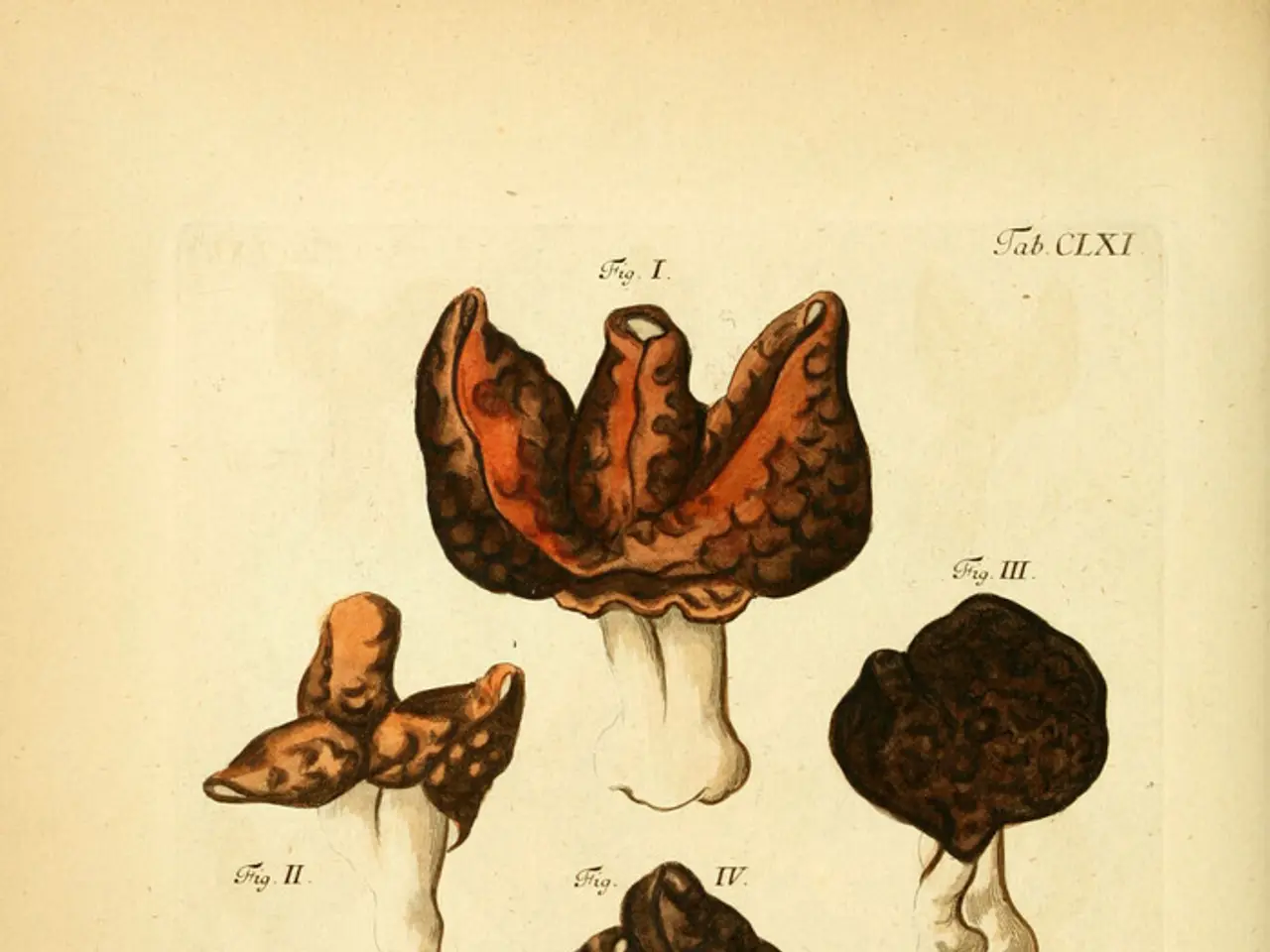Understanding Liver Cancer: A Comprehensive Overview
In the fight against liver cancer, also known as hepatocellular carcinoma (HCC), lifestyle changes such as a healthy diet, regular exercise, avoiding alcohol, and quitting smoking can support treatment and overall health. HCC is the most common form of liver cancer, arising from liver cells (hepatocytes).
For patients facing a liver cancer diagnosis, support groups, counseling, educational resources, and financial assistance are available to help navigate this challenging journey. Treatment options depend on the stage of the cancer and may include surgery, liver transplant, radiofrequency ablation, chemotherapy, targeted therapy, transarterial chemoembolization (TACE), systemic therapy, clinical trials, and palliative care.
When it comes to advanced liver cancer (stages III and IV), the focus shifts from cure to prolonging survival and managing symptoms. For stage III liver cancer, surgical resection might still be considered if feasible, but often the tumor size or regional lymph node metastases make surgery alone insufficient. In such cases, combination therapies are common, including targeted therapies, immunotherapy, and emerging therapies like chimeric antigen receptor (CAR)-T cell therapy.
In stage IV liver cancer, where distant metastases (lungs, other organs) are present, curative treatment is generally impossible. Palliative care becomes the main approach to relieve symptoms and improve quality of life. Systemic treatments like targeted agents and immunotherapy combinations can still prolong survival, while chemoembolization (TACE) and palliative radiotherapy may be used to control tumor growth locally and reduce symptoms.
The table below summarises the treatment options by stage:
| Treatment Approach | Stage III Liver Cancer | Stage IV Liver Cancer | |------------------------------|----------------------------------------------|------------------------------------------------| | Surgery | Possible if localized, often combined with other therapies | Rarely an option | | Local therapies (TACE, RFA) | Used especially with systemic drugs | Mainly palliative, to control symptoms | | Targeted therapy (e.g., sorafenib, lenvatinib) | Often combined with TACE or other local therapies | Primary systemic treatment to prolong survival | | Immunotherapy (PD-1 inhibitors, monoclonal antibodies) | Increasingly used in combination regimens | Used to improve survival and symptom management| | Experimental (CAR-T therapy) | Showing promise in clinical trials | Potential future option | | Palliative care | Supportive, symptom management | Main focus to relieve symptoms and improve quality of life |
The overall goal for stages III and IV liver cancer treatment is often to prolong life and improve quality of life, employing a multidisciplinary approach of systemic therapies, targeted drugs, immunotherapy, and local control techniques. If considering treatment, it is crucial for patients to be evaluated by a multidisciplinary oncology team specialized in hepatobiliary cancers to tailor therapy based on tumor characteristics and patient health status.
It is essential to understand the causes of liver cancer for prevention and early detection. Major risk factors include chronic viral infections, cirrhosis, genetic factors, environmental factors, obesity, and diabetes. If you experience symptoms such as unexplained weight loss, loss of appetite, abdominal pain, jaundice, fatigue, swelling in the abdomen, and itchy skin, seek immediate medical attention.
Treatment costs can vary significantly based on the treatment type, location, and healthcare provider, with costs potentially being lower in countries like India and Pakistan. It is advisable to check with your insurance providers to understand coverage options for various treatments. Liver cancer treatment is available in Hindi, and hospitals catering to Hindi-speaking patients can be found in major cities in India like Mumbai, Delhi, and Bangalore.
[1] American Cancer Society. (2021). Liver Cancer: Stages. [2] National Cancer Institute. (2021). Hepatocellular Carcinoma Treatment (PDQ®)–Health Professional Version. [3] World Health Organization. (2019). Global Health Observatory data repository. Liver cancer incidence and mortality. [4] National Institute of Cancer Research and Biotechnology (NICRBT), India. (2021). Hepatocellular Carcinoma.
- For individuals dealing with medical-conditions like liver cancer, having access to support groups, counseling, educational resources, and financial assistance can be beneficial in navigating this challenging journey.
- In the context of mental-health, it's crucial for patients facing liver cancer to manage stress and anxiety through various health-and-wellness practices, such as meditation, yoga, and exercise, to improve their overall well-being.
- Proper nutrition plays a significant role in cancer treatment and recovery, with a balanced diet rich in fruits, vegetables, lean proteins, and whole grains helping to boost the immune system and aid in recovery from surgery or other treatments.
- Fitness-and-exercise is essential for individuals undergoing treatment for liver cancer, as regular physical activity can help strengthen the body, improve mood, and reduce the risk of chronic diseases like diabetes and obesity.




